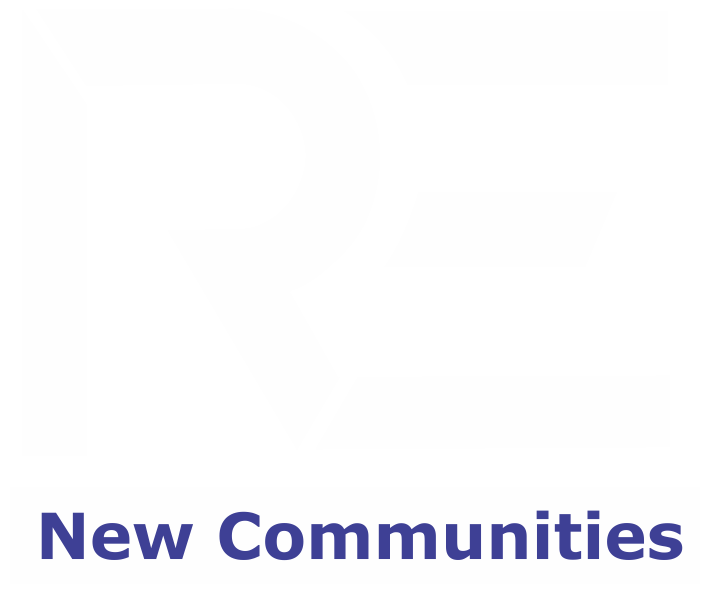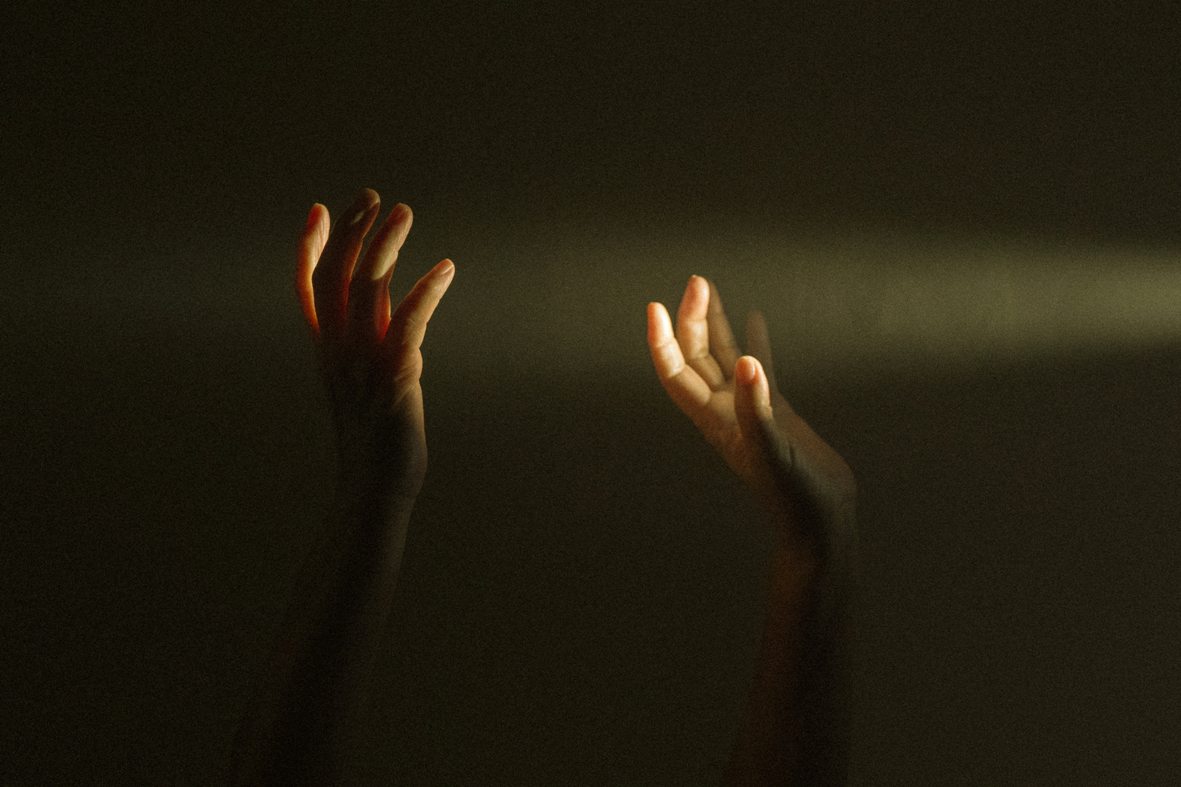Are our thoughts worth so much more after we are no more? Reality threatens that ‘yes’ is the answer. We tend to acquire a new keenness and attention to detail when little or nothing we can do about a situation. It’s the case with the mental health situation in our communities today; we notice all the signs once the victims are no more. We see all the signs of their cry for help once they have jumped ship on their battles. But aren’t we more compassionate than that, or is it that we are all victims of ‘mental conflict’ that we cannot help one another? Oh better still, are we just plain ignorant to the plight of our fellow humans? A shame? Oops! Shalom…!
Mental health and its place in the pursuit of peace in our communities is an underrated concept. Communities want to have conversations on how to be financially resilient, achieve higher literacy levels, reach equity, and such issues. Still, no one wants to have a mental health conversation until someone has committed suicide. The United Nations defines peace as dignity, well-being for all, not just the absence of war. The state of our minds affects our sense of pride as well as well-being.
There might not be war in our communities because the conflict is intrapersonal. We are battling within ourselves, and the battleground is our minds. Given time, intrapersonal conflict can as well escalate to an interpersonal level. At this point, then, the peace of the whole community is threatened. Suicides have tremendously increased in the country, with the youngest person taking their life being nine years old and the oldest being seventy-six years old (the guardian.com, 10th August 2021). What a pity! We have become so superficial in our efforts to better our communities that we don’t see the more subtle problems?
To achieve peace at the community level, it is inevitable to work on peace at the personal level. It is often said that for the whole world to become clean, everyone has to clean where they are. I am convinced that to achieve peace at a global, regional, national, and community level, we first have to earn it personally. When we deal with the conflicts within ourselves, we are better equipped to deal with the ones outside us as the external reflects the internal.
World leaders through the United Nations and the concept of sustainable development goals, especially goal sixteen, are focused on achieving peace for the whole world. My question is, is there a better place to start that endeavor than at the lowest level, the personal level, the mental health level?
By Caroline Mutuku

